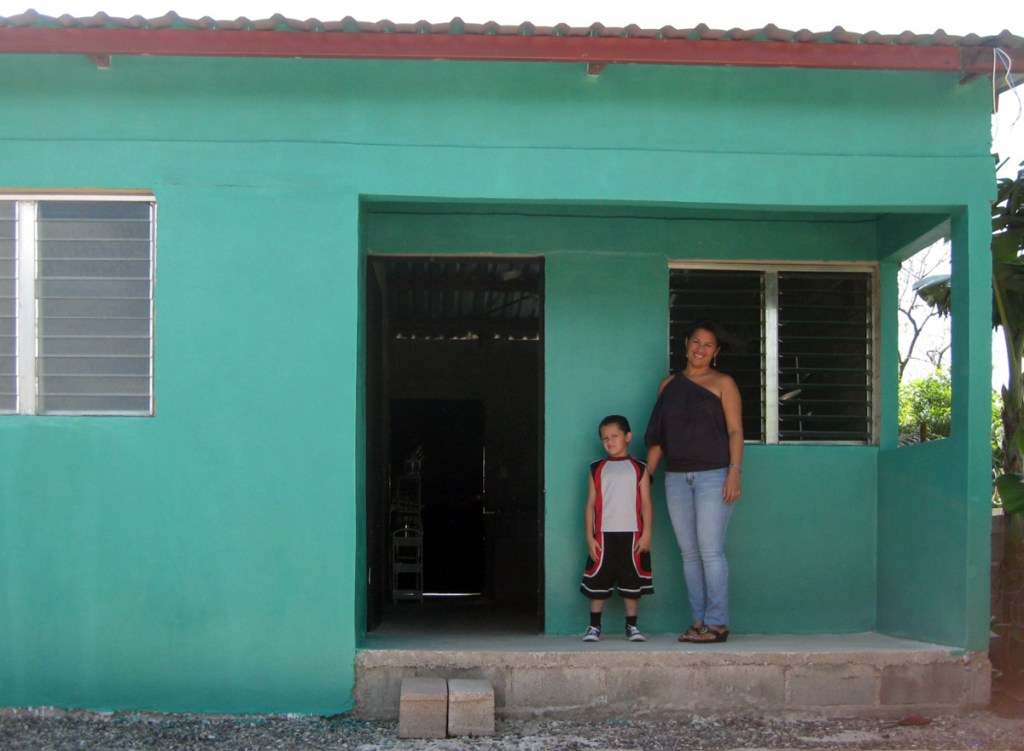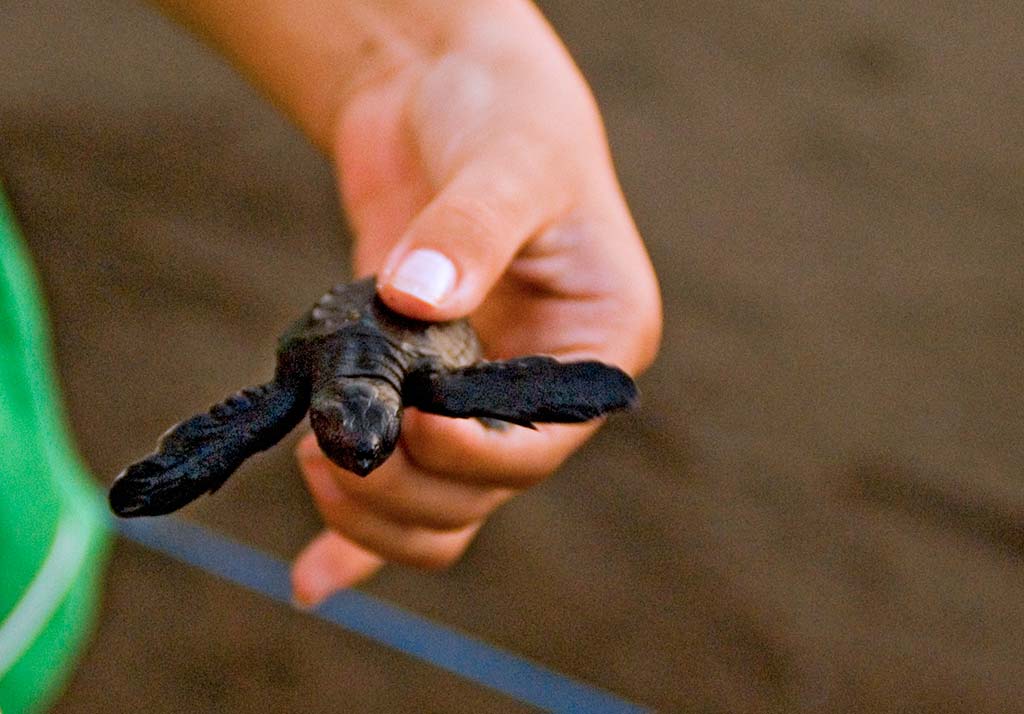Types of Volunteer Opportunities
Think about the type of work you want to do. Do you like working with people? Do you enjoy taking care of children? Are you passionate about women’s rights? Is working with animals where your heart lies? If interacting with local community members and practicing foreign-language skills are priorities, you may want to put projects that benefit people at the top of your list. Many of the organizations in Moon Volunteer Vacations in Latin America offer a holistic approach to development, and as such, their work falls into multiple categories.
Development projects should aim to leave the beneficiary—whether an individual or a community—better equipped to confront the challenges than before. (Consider the adage of teaching someone to fish, rather than giving someone a fish for one day.) When working on a development project, it is important to bear in mind that many are ongoing efforts to address large problems, and volunteers must be able to accept that their efforts are “a drop in the bucket,” or rather, a step forward along the development journey.

Agriculture
Agricultural work might be on a rural community farming or permaculture project. The best of these projects include local outreach— such as demonstration farms and educational workshops in schools—that support a community-wide change in thinking about agriculture.
Children and Youth
Volunteers might work with kids at an orphanage or nursery, tutor teens in English or math, or organize sports activities for at-risk youth. The most effective child care centers are those that provide a quality education that prepares the children and youth for an economically viable future, and engaging alternatives to the temptations of drugs and gangs.
Community Development
This broad category includes everything from installing solar panels at a health clinic or water catchment systems at a school and training firefighters in emergency response to supporting the administration of microcredit programs. For those who prefer a tangible sign of progress, projects in the area of construction—from installing a better stove to building a house—may be especially satisfying.
Newsletter Signup
By clicking ‘Sign Up,’ I acknowledge that I have read and agree to Hachette Book Group’s Privacy Policy and Terms of Use
Education
Educational programs range from lending a hand at an elementary school to teaching English to adults in order to improve their job opportunities. Volunteers might provide vocational training or health and hygiene education through workshops, or tutor struggling students at an after-school program.
Environment
Environmental projects may have volunteers working in an office preparing educational materials, outside creating trails (or recycling, or picking up trash, or planting and tending flora), or in schools or neighborhood centers providing community outreach. In a context where putting food on the table is a more urgent need than care of the environment for many families, volunteers should look for projects that combine community outreach and education with their efforts and know that their presence can help draw attention to an area that might have been overlooked by the local community in the past.
Health
While opportunities abound for specialized skills, from first-aid training to heart surgery, you don’t necessarily need to be a medical professional to assist in a community health clinic or public hospital. Volunteers may be able to help organize workshops, assist medical staff, provide translation skills, or raise awareness on issues such as HIV/AIDS.
Wildlife Protection
Volunteers can choose from activities such as protecting turtle hatchlings on their journey from nest to sea, supporting the rehabilitation of injured and trafficked animals, or restoring natural habitats for endangered species. Not all wildlife protection projects allow volunteers to work with their animals; work may instead be focused on the cleaning of cages, restoration of natural habitats, or visual monitoring of animal activity in the wild. Programs that help develop alternative sources of income generation for the community are especially interesting, turning many “wildlife protection” projects into a combination of environment, education, and community development.

Women’s Empowerment
Volunteer opportunities that focus on women might include promoting associations of artisan weavers or supporting workshops on everything from civil rights to home finances. According to UN Women, “there is a direct link between increased female labor participation and growth,” and World Bank studies demonstrate that women are more likely than men to spend their income on food and education for their children, making investments in women a critical part of development.
Excerpted from the First Edition of Moon Volunteer Vacations in Latin America.
From the Pacific to the Atlantic, through prairies and bayous to snow-capped mountains, uncover the best of the US with Moon USA State by State.
Newsletter Signup
By clicking ‘Sign Up,’ I acknowledge that I have read and agree to Hachette Book Group’s Privacy Policy and Terms of Use
Pin it for Later


